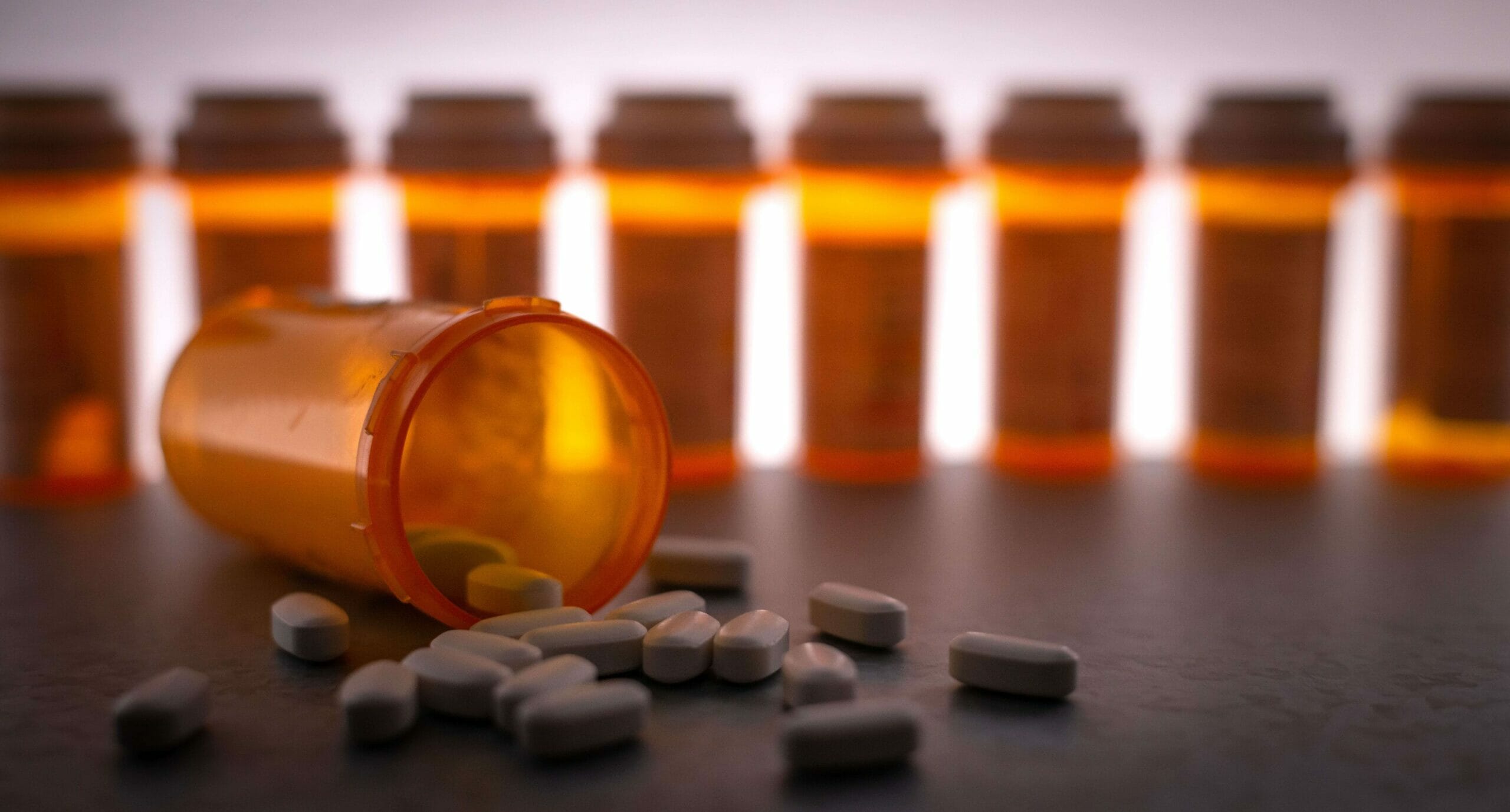Opioids are a major problem in the United States, so much so that in 2019 an estimated 10.1 million people, ages 12 or older, misused opioids or opiates (naturally found opioid substances ie. heroin). Of that 10.1 million, 745,000 used heroin, and 9.7 million misused prescription opioids.
What Is Opioid Use Disorder?
Opioid Use Disorder (OUD) is defined as a person’s inability to stop using opioids. In most cases, opioid addiction begins with a doctor’s prescription to treat post-injury or chronic pain. As a result, in cases like these, the early stages of addiction can be difficult to detect. The lines between medication, recreation, and abuse frequently blur over time. Opioids cause the release of endorphins, the brain’s “feel-good” neurotransmitters. Repeated opioid use causes the body to slow down its natural production and release of endorphins over time. This means that users will need more and more narcotics to achieve the same euphoric, pain-relieving effects they previously experienced.
What Is Medication-Assisted Treatment?
Medication-assisted treatment (MAT) is a type of treatment that combines the use of medication and behavioural therapy to treat substance use disorders. MAT is most commonly used for opioid and alcohol use disorders. The medications used in MAT work by reducing withdrawal symptoms, blocking the effects of a substance, or reducing cravings for said substance. The behavioural therapy component of MAT helps individuals address the underlying issues that contribute to their substance use disorder and develop strategies to maintain sobriety. MAT has been shown to be highly effective in reducing substance use, improving overall health outcomes, and reducing the risk of overdose. It is an evidence-based treatment option that can be tailored to meet the individual needs of each patient.
What Is Vivitrol?
Vivitrol is a long-acting brand-name medication that includes the active ingredient naltrexone — an opioid antagonist medication that works by blocking the effects of opioids in the brain. Vivitrol is used to help treat alcohol and opioid use disorders.
The mechanism of action of Vivitrol involves the competitive blockade of opioid receptors in the brain. Opioid receptors are proteins found in the brain and other parts of the body that mediate the effects of opioids, such as pain relief, euphoria, and respiratory depression. By blocking these receptors, Vivitrol prevents opioids from binding and exerting their effects, thereby reducing cravings and preventing relapse.
In addition to its effects on opioid receptors, Vivitrol also acts on other neurotransmitter systems in the brain, including dopamine and glutamate. These neurotransmitters play a role in reward and motivation, and may also be involved in the development and maintenance of addiction.
Like any medication, Vivitrol can have side effects, including:
- Injection site reactions: pain, swelling, redness
- Nausea or vomiting
- Headache or dizziness
- Fatigue or sleepiness
- Diarrhoea or constipation
- Anxiety or depression
It is important to note that these side effects are generally mild and go away on their own. More serious side effects are rare but may include severe allergic reactions, liver damage, or opioid withdrawal symptoms in individuals who have not fully detoxed before starting Vivitrol treatment. It is vital to discuss any concerns with a healthcare provider before starting Vivitrol treatment and consult with a doctor if side effects arise.
What Happens When You Take Opioids On Vivitrol?
Vivitrol works by binding to opioid receptors in the brain and blocking the effects of opioids, such as pain relief, euphoria, and respiratory depression. This means that if you take opioids while on Vivitrol, you will not feel their effects, and they will not relieve pain or cause any pleasurable sensations.
Vivitrol And Alcohol Use Disorder
It should be mentioned that Vivitrol is also administered for patients with alcohol use disorder. Moreover, it’s noteworthy that if one uses Vivitrol explicitly for opioid addiction, they may be able to drink reasonable amounts while using the drug. This, of course, is a decision to be discussed with a healthcare professional. However, if one is taking Vivitrol specifically for alcohol use, then they should not consume alcohol. Vivitrol can lower tolerance to alcohol, which means that the amount of alcohol needed to achieve a desired effect may be lower than before Vivitrol treatment. This can increase the risk of overdose, as well as other complications, if you stop taking Vivitrol and then start drinking again.
You Can Overcome
If you or a loved one is struggling with opioid use disorder or any other drug or alcohol addiction, please contact us. We can help form a tailored, comprehensive treatment plan, potentially involving medication-assisted treatment, behavioural therapy and support groups.


 Verify Insurance
Verify Insurance
 Toll Free Call
Toll Free Call